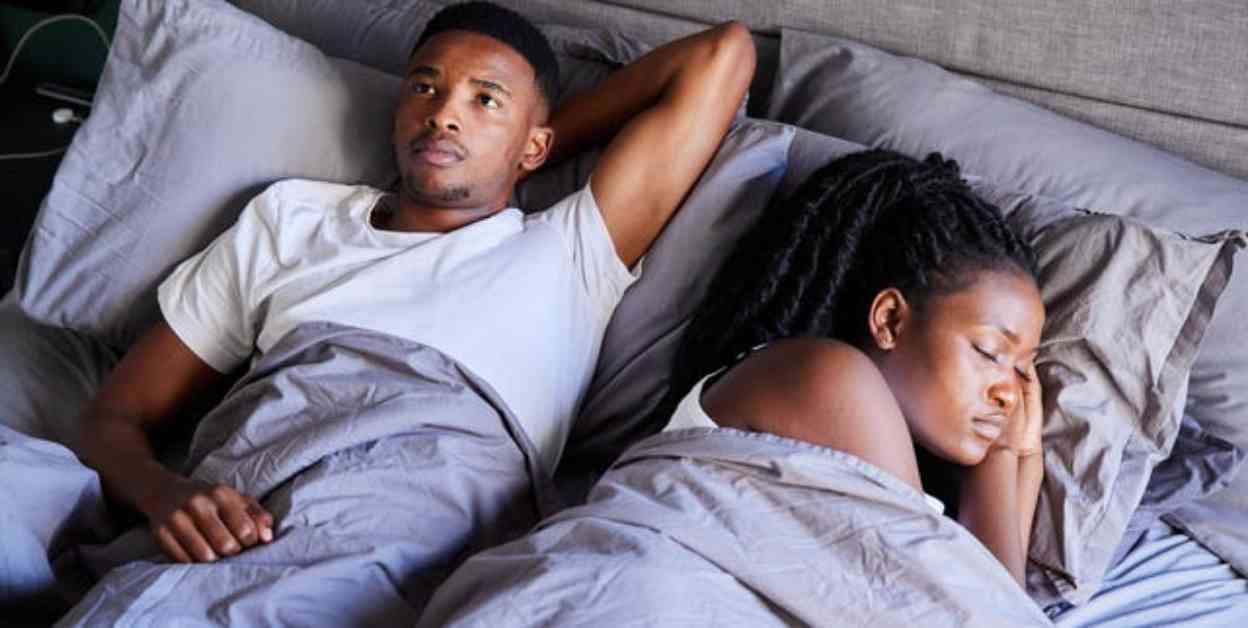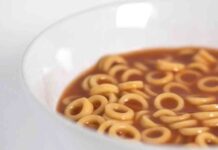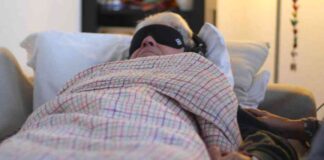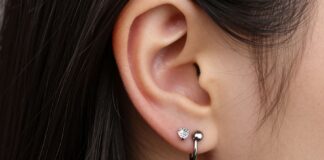Improving Sleep Efficiency
If you find yourself struggling to fall asleep at night, it may be due to your sleep efficiency. Sleep efficiency refers to the amount of time you spend actually asleep compared to the time you spend in bed trying to sleep. Dr. Zachary Strumpf, a sleep medicine physician, explains that having good sleep efficiency means you are effective at falling and staying asleep. However, it does not necessarily mean you are getting enough sleep overall. It is crucial to address any issues that may be disrupting your sleep, as many Americans do not even get the recommended seven hours of sleep per night.
Factors that can affect sleep efficiency include diet, exercise levels, sleep schedules, and sleep environments. Dr. Nishay Chitkara emphasizes the importance of knowing how to calculate sleep efficiency and what you can do to improve it. To calculate your sleep efficiency, divide the total minutes you spend asleep by the total minutes you spend in bed trying to sleep. A sleep efficiency of 85 to 90 percent or greater is considered good, while anything below 80 percent may indicate poor sleep quality.
As we age, sleep efficiency can decline, leading to potential health risks. Research shows that older individuals with sleep efficiency below 80 percent have an increased risk of mortality. Factors such as pain, sleep medication use, and bad dreams can contribute to poor sleep efficiency in older adults. While sleep medications may seem like a solution, they can actually impact various aspects of sleep and should be discussed with a sleep doctor.
To improve your sleep efficiency, focus on optimizing your sleep hygiene. This includes maintaining a regular sleep schedule, getting seven to eight hours of sleep per night, avoiding caffeine and alcohol before bed, and limiting screen time before sleep. Dr. Strumpf suggests spending less time in bed when you are not ready to fall asleep to increase sleep efficiency. However, it is also important to ensure you are getting an adequate amount of sleep overall.
Sleep tracker apps or devices can provide valuable insights into your sleep habits, helping you make improvements. These tools can track environmental factors, health metrics, and other influences on your sleep quality. If you are experiencing persistent sleep issues, excessive daytime sleepiness, or symptoms of sleep apnea, it is important to consult a doctor. A sleep specialist can help diagnose and address any underlying sleep disorders that may be affecting your rest quality. Remember, prioritizing good sleep hygiene and seeking medical attention when needed are essential steps towards improving your sleep efficiency and overall well-being.


















